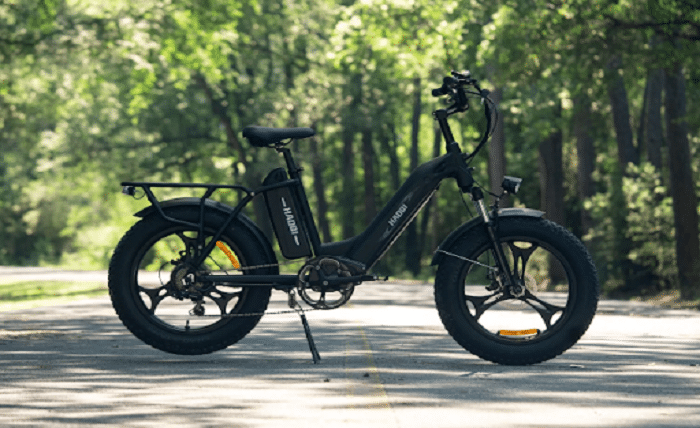Electric cargo bikes stand out as a game-changing option for urban mobility and logistics in a time when convenience and sustainability go hand in hand. These bikes, which satisfy the diverse needs of individuals, families, and businesses while combining practicality and environmental friendliness, offer a more environmentally friendly alternative to traditional cars. With electric cargo bikes becoming increasingly popular, choosing the suitable model is essential to maximizing advantages. With any luck, this guide will help you weigh the important factors and decide to fit your needs and way of life.
Find Your Perfect Match in Cargo Biking
As we venture deeper into the world of electric cargo bikes, the possibilities unfold in surprising and innovative ways. This exploration is not just about selecting a bike; it’s about discovering a new dimension of mobility that aligns with your lifestyle and values. Let’s dive into the specifics to find the electric cargo bike that truly resonates with you.
Understanding the Types of Cargo Bikes
Electric cargo bikes come in various designs tailored to specific needs and preferences, such as the longtail with an extended rear for cargo or additional seating, the front loader with a box or platform in front of the rider, and the mid-tail offering a balance between size and load capacity. Tricycles provide enhanced stability and are perfect for heavy loads or transporting children, with options including two wheels at the front or back. Selecting the right type depends on factors like your cargo’s nature, navigating environment, and comfort with bike handling dynamics. Understanding these types is crucial for narrowing down options that meet your specific needs.
Battery Life and Range Considerations
One of the most critical aspects to consider when choosing an electric cargo bike is the battery life and range. These factors determine how far you can travel on a single charge and influence the bike’s suitability for daily activities. Consider your routine commuting distance, potential detours, and the availability of charging facilities when evaluating options. Additionally, the bike’s weight, the load it carries, and riding conditions (such as terrain and weather) can affect battery performance. Opting for a model with a high-quality, easily replaceable battery ensures reliability and convenience, allowing you to enjoy longer rides without the constant worry about the next charging point.
Matching Your Needs with Load Capacity
The key to a cargo bike is its efficient transportation of goods. Therefore, assessing the load capacity when choosing an electric cargo bike is crucial. This refers to the weight it can carry and the volume and shape of the cargo space. Consider your most frequent transportation needs, such as groceries, children, or business deliveries, and ensure the bike’s design accommodates them. Some bikes offer modular cargo attachments or adjustable racks for flexibility with different loads. Additionally, consider the bike’s stability and ease of handling when fully loaded, as they significantly impact your riding experience and safety. Choose a bike that will meet your current requirements while also being adaptable to future changes.
Conclusion
Choosing the right electric cargo bike requires balancing your personal and logistical needs with the optimal combination of features, comfort, and functionality. From understanding the different types of cargo bikes to considering battery life, load capacity, and customization options, each element plays a pivotal role in finding your perfect match. Armed with this knowledge, you’re now equipped to make an informed decision, ensuring your electric cargo bike not only meets your needs but also contributes to a more sustainable and enjoyable mode of transportation.

